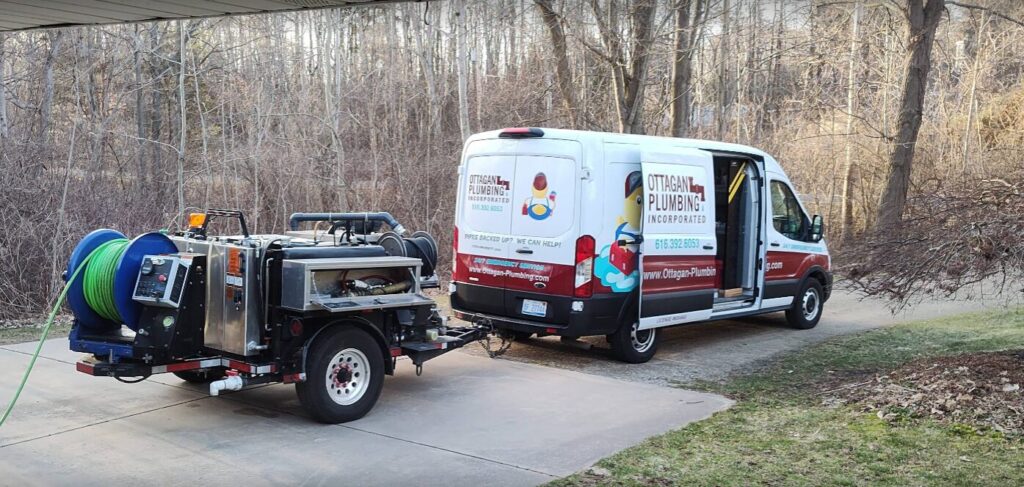
Clogged or slow drains are a common household problem that can lead to unpleasant odors, water damage, and expensive repairs. While minor clogs can sometimes be fixed with store-bought solutions of DIY methods, regular professional drain cleaning is essential for long-term plumbing health. But how often should you have your drains professionally cleaned? The answer depends on several factors, including usage, household size, and the age of your plumbing system.
Understanding the Need for Professional Cleaning
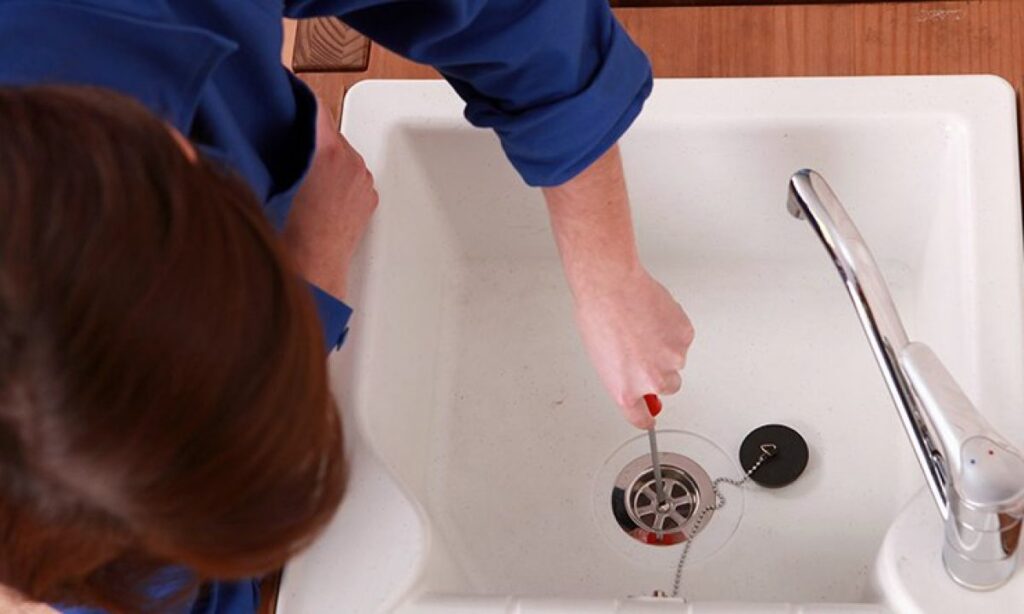
Professional drain cleaning goes beyond clearing clogs. It removes buildup, grease, soap scum, hair, and other debris that gradually accumulates in pipes. Even if drains seem to be working fine, hidden buildup can narrow the diameter of pipes, slow drainage, and set the stage for sudden blockages. Professional cleaning also helps detect early signs of corrosion or damage, potentially saving thousands in future repairs.
General Recommendation
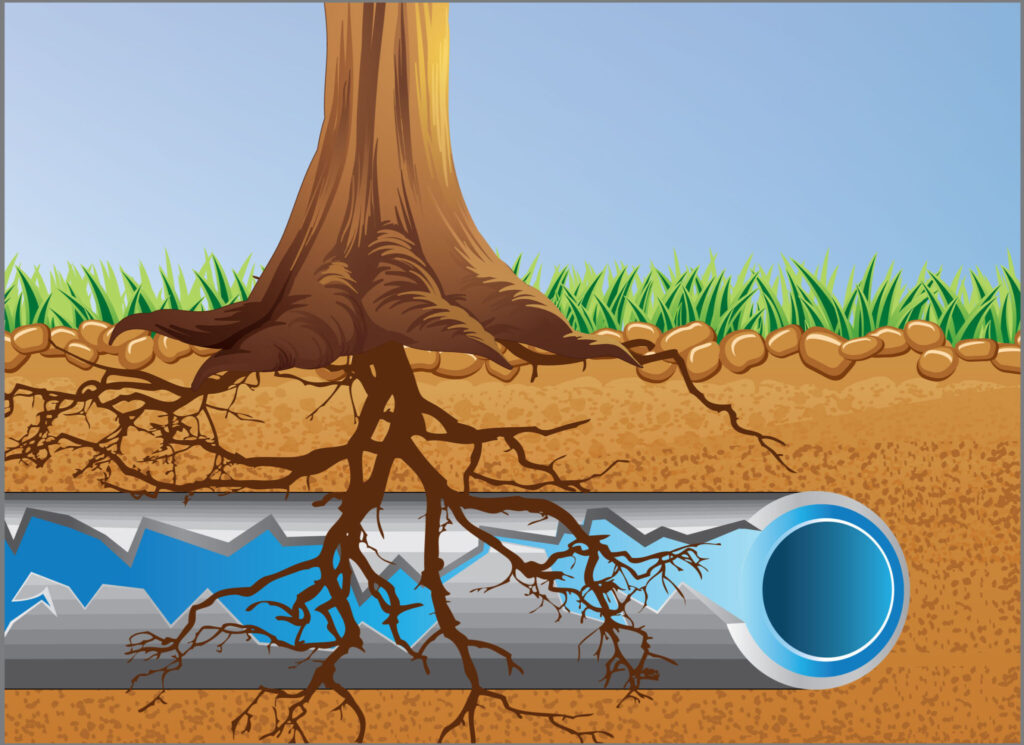
We recommend professional drain cleaning once a year. This schedule works for an average household with standard usage. Annual cleaning keeps drains clear, reduces the change of emergencies, and prolongs the life of plumbing systems. However, this is a guideline not a rule.
Factors That Influence Cleaning Frequency
- Household Size and Usage: Larger families and homes with multiple bathrooms, frequent cooking, and heavy laundry usage put more stress on drains. In such cases, biannual cleanings might be necessary.
- Older Plumbing Systems: Older pipes are more prone to corrosion, buildup, and damage. If your home is more than 30 years old, consider having your drains cleaned twice a year.
- Type of Waste: Homes that frequently dispose of grease, food scraps, coffee grounds, and non-flushable items down the drain are at higher risk for clogs and may need more frequent professional attention.
- Trees Near Plumbing Lines: Tree roots can invade underground pipes, causing slow drainage or backups. If you have mature trees near your property, annual or even twice-yearly cleaning and inspections are wise.
Signs You Need Immediate Cleaning
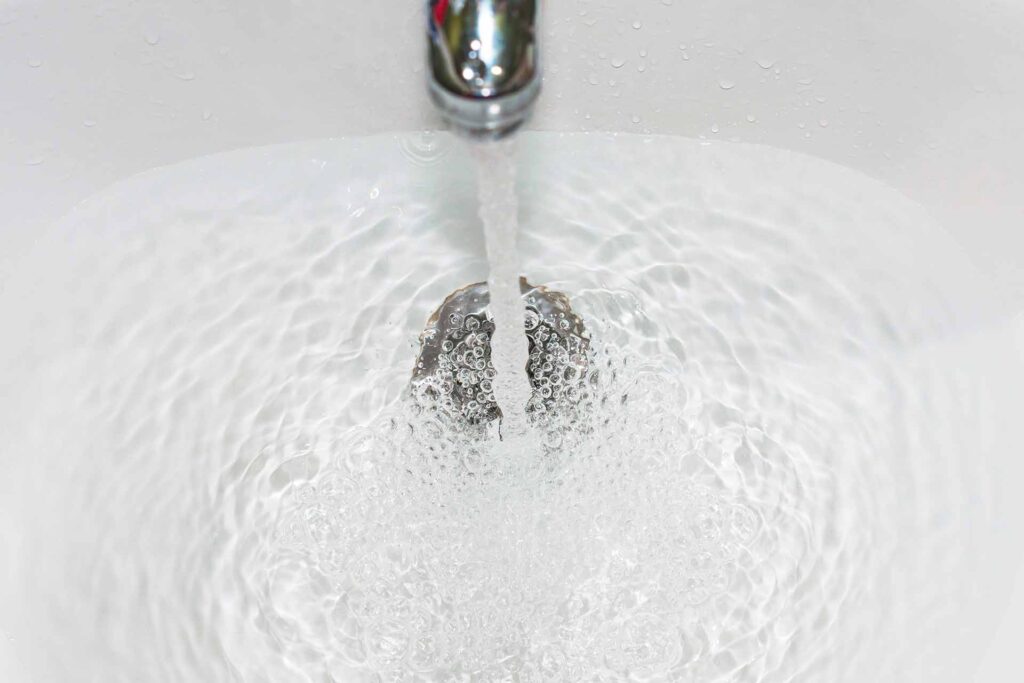
Even with a regular schedule, certain signs call for immediate professional help:
- Persistent slow drainage
- Frequent clogs
- Gurgling sounds from drains
- Unpleasant odors
- Water backing up in sinks or tubs
Ignoring these signs can lead to severe blockages or even pipe damage.
The Cost of Neglect
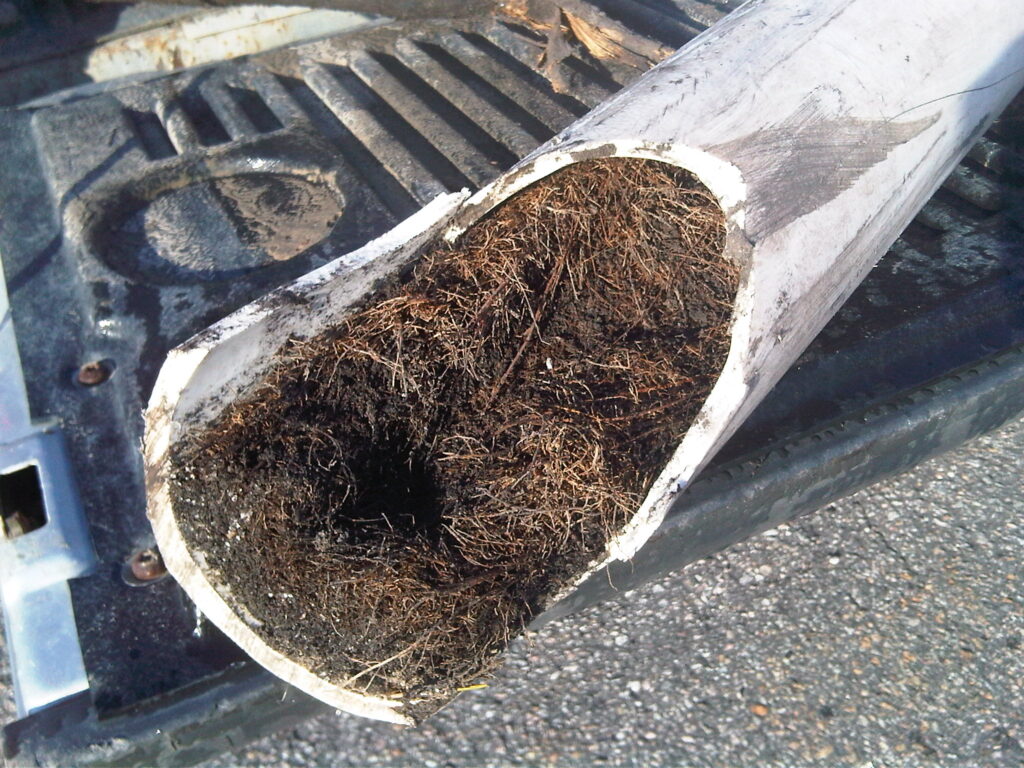
Skipping professional drain cleaning can result in expensive repairs. Blocked pipes can burst under pressure, causing water damage. Sewage backups pose health hazards and require costly cleanup. Regular professional maintenance is far cheaper than emergency plumbing services and property restoration.
In Conclusion
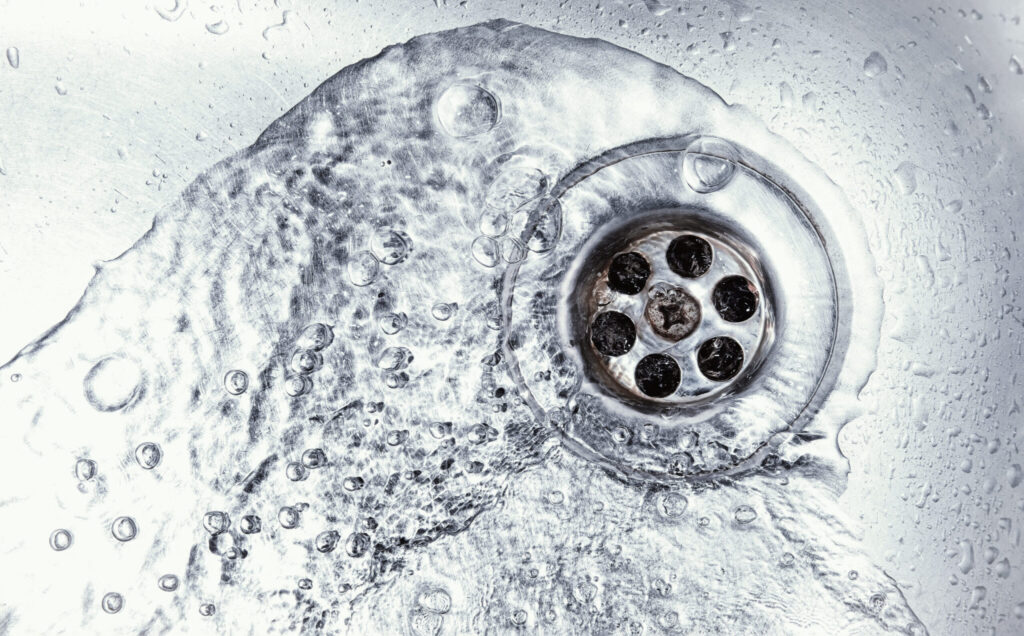
Drain cleaning is not something to address only when problems arise. Preventative care protects your home, saves money, and avoids the hassle of plumbing emergencies. While once a y ear is a good starting point for most households, consider your home’s specific conditions. For larger families, older homes, heavy drain usage, and properties with nearby trees all justify more frequent cleanings. Pay attention to warning signs and don’t postpone professional intervention. Regular, proactive maintenance is the key to keeping your plumbing system running smoothly.
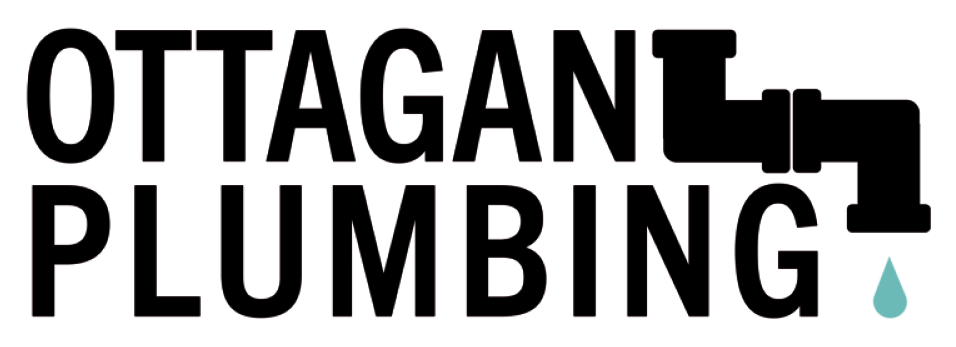
Leave a Reply